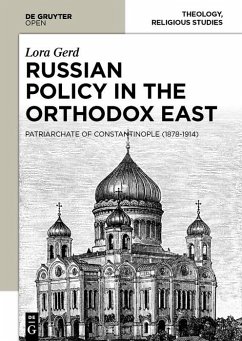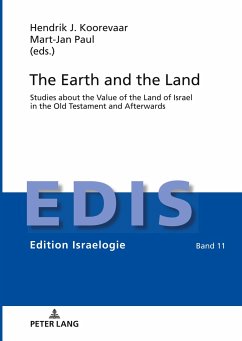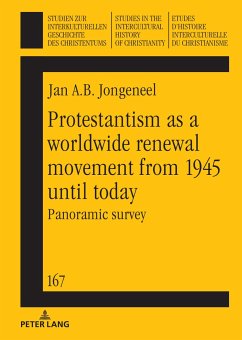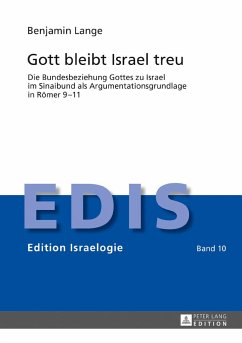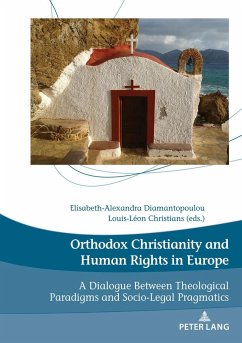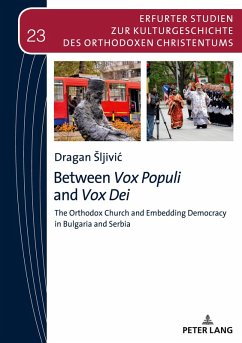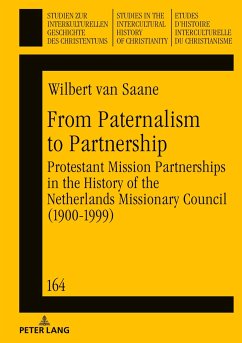
Orthodox Liturgy and Anti-Judaism
Versandkostenfrei!
Versandfertig in 6-10 Tagen
54,95 €
inkl. MwSt.

PAYBACK Punkte
0 °P sammeln!
Anti-Jewish sentiment in the Orthodox liturgy was and still is one of the main stumbling blocks for the Jewish-Orthodox Christian encounter. In the last five decades, this subject has often been mentioned during official dialogues between the two religious communities, but very few concrete steps have been made in academic or religious contexts on either side. This volume offers a selected anthology of contributions delivered at the conference "Byzantine Liturgy and the Jews", held in Sibiu in 2019. The collection covers the post-Byzantine, modern and contemporary periods of the Orthodox litur...
Anti-Jewish sentiment in the Orthodox liturgy was and still is one of the main stumbling blocks for the Jewish-Orthodox Christian encounter. In the last five decades, this subject has often been mentioned during official dialogues between the two religious communities, but very few concrete steps have been made in academic or religious contexts on either side. This volume offers a selected anthology of contributions delivered at the conference "Byzantine Liturgy and the Jews", held in Sibiu in 2019. The collection covers the post-Byzantine, modern and contemporary periods of the Orthodox liturgy, considering both liturgical texts and artifacts. The work explores the reverberations of the much-debated anti-Jewish elements into the twentieth century and their reception by present-day believers. This volume intends to foster a more in-depth discussion on this subject within the academic context and to offer a foundation for further debates involving the religious institutions.





